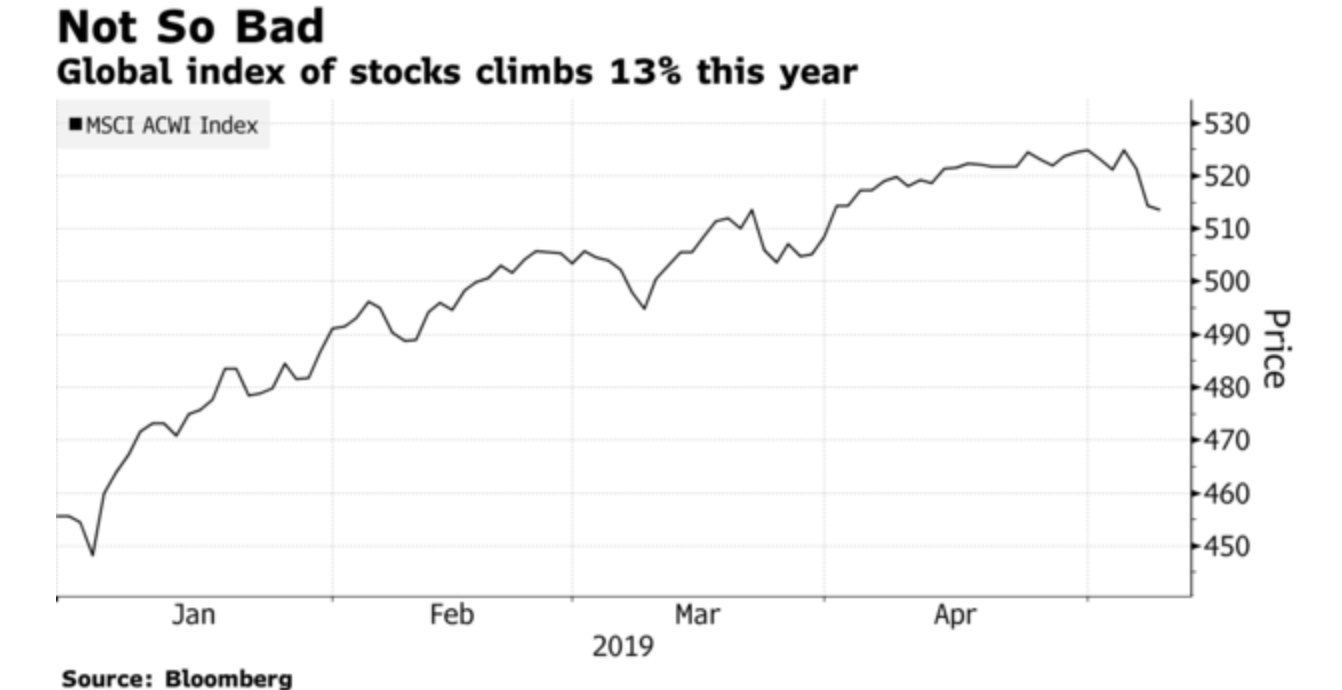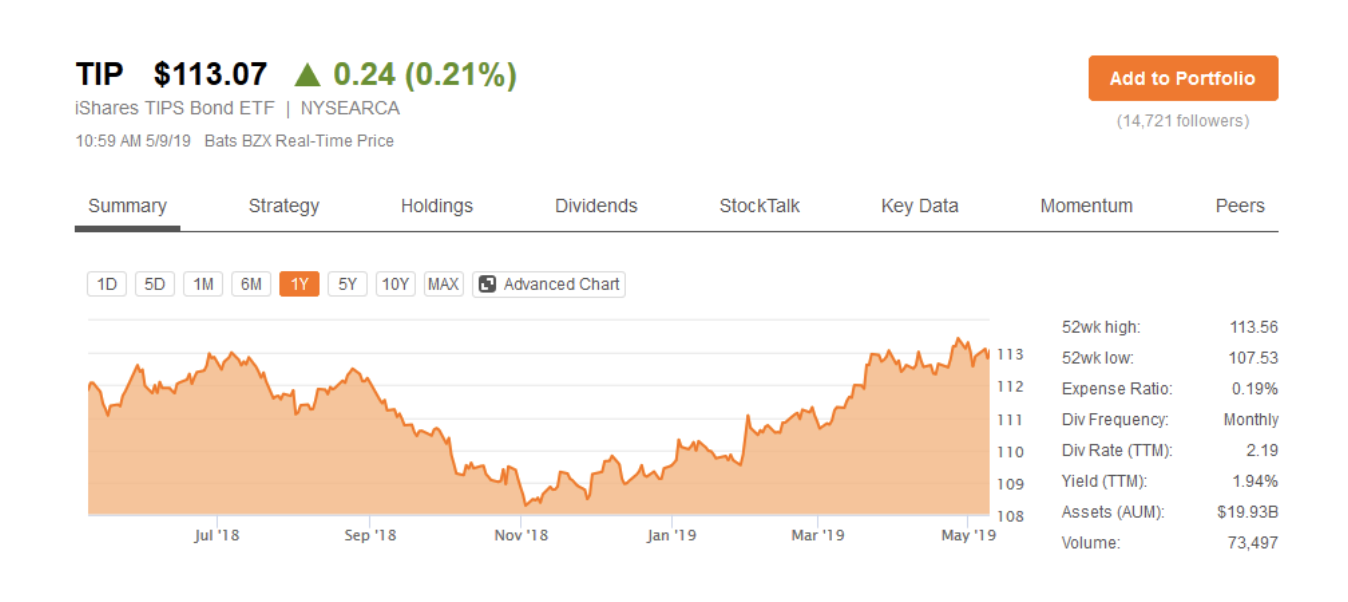President Donald Trump insists China’s eager for a trade deal, but Wall Street is hardly convinced, and neither are wealthy individuals. At least that’s what the latest data seems to suggest. According to a survey by the world’s largest wealth manager, UBS AG, high-net-worth portfolios are, in aggregate, 32 percent in cash. Asia’s and Latin America’s wealthy are the most guilty of hoarding cash, with 36 percent of their portfolios liquid, with majority of Asian investors fearing a trade war fallout while Latin Americans are more concerned with high levels of inflation (never mind that cash is a poor inflation hedge).
Europe is not much better off, with 35 percent assets allocated to cash.
The U.S. is the only outlier, with only 23 percent of high-net-worth portfolios in cash.
The ‘Investor Sentiment’ survey polled 3,600 high-net-worth individuals with at least $1 million in investable assets or business owners with at least $250,000 in annual revenue and at least one employee between March 10-28 across 17 countries.
Yet, these investors could be doing themselves a disservice...
Missing out on the good times
Cash is considered a safe asset for a liquidity strategy especially during times of economic uncertainties or high volatility. Experts have repeatedly warned that a full-blown trade war between the U.S. and China could result in a significant slowdown for a global economy that’s already on the skids.
That said, these risk-averse high-net-worth individuals could be missing out on an opportunity to enjoy even better returns on their portfolios.
There are no hard and fast rules regarding the cash threshold for an average portfolio. Academic evidence, however, suggests that the maximum risk/return trade-off occurs when cash constitutes somewhere between 10-20 percent of a portfolio. Indeed, for long-term investors with a horizon exceeding 10 years, cash levels in excess of five percent can produce a notable performance drag.
This applies across all portfolios sizes not just large ones.
Consider that global equity markets have been defying all the talk about trade wars and a slowing economy and have managed to put up double-digit gains during the first third of the year alone.

(Click to enlarge)
Asian mutual funds have been underperforming the region’s equity markets due to overly conservative positioning, including defensive positioning in underperforming South Asian markets as well as consumer sectors.

(Click to enlarge)
Source: Bloomberg
Trade Wars: Strategies to Protect your Portfolio
Trade tensions have been escalating with each White House statement or tweet by President Trump. With the latest attack by the president claiming that China broke the trade deal and must therefore pay, it might almost take a miracle for Washington not to go ahead with its threat to hike tariffs on $200 billion worth of China exports to the U.S. from 10-25 percent effective midnight Friday.
Related: Banks Are Doubling Down On Risky Credit Card Debt
The markets are clearly spooked, with the Dow Jones down nearly 400 points at 10.30am ET Thursday while the S&P 500 has dropped 1.35 percent.

(Click to enlarge)
Source: CNN Money
There are a couple of strategies that investors can employ to protect their portfolios and preserve capital.
Commodities like gold and oil can be a useful hedge against higher prices and a weaker dollar, two of the most likely outcomes from a trade war. As at the time of going to press, spot gold is up $7.00 (0.55 percent) to trade at $1288.40 per ounce thanks to the Dollar Index dropping 0.3 percent.
Oil, however, is yet to respond to the correction with WTI crude down 1.6 percent to $61.14 per barrel.
Including TIPS (Treasury Inflation-Protected Securities) in your portfolio can also serve as an effective inflation hedge. TIPS also perform well during times of falling interest rates, which seems the likely course of action by the Fed if trade wars escalate. The long-duration iShares TIPS Bond ETF (TIP) is up 0.2 percent on the day.

(Click to enlarge)
Source: Seeking Alpha
Finally, increasing your allocation to foreign bonds can help your portfolio during turbulent times. Asset managers such as PIMCO and Eaton Vance tend to have a better understanding of foreign markets than the average investor.
By Alex Kimani for SafeHaven.com
More Top Reads From Safehaven.com:
















